~ The summary of search results is a list of resources (bibliography) on the topic you need to write an essay or prepare a research paper, presentation or lecture.
NOTE:
Information retrieval or (online) search is a process of looking for and finding relevant information. In the Czech language, for both the searching process and the search results, we use the same word – ‘rešerše‘ (from French recherché – to search, searching, research), which might be slightly confusing. In English, librarians often use the term ‘information retrieval’ to describe the search process (especially while using professional electronic resources, e.g. specialized databases) and the term ‘search results’ for the outcome.
To perform an information retrieval means to search through available information resources (library catalogues, professional electronic databases, webpages of universities, scientific societies, companies, etc.). Gathering and studying all relevant selected sources is essential for understanding up-to-date knowledge in the field and the topic of your research paper. Thanks to information retrieval you may organize general knowledge and starting points, and get inspired for your work.
I. Selection of relevant terms:
Select keywords for search process (terminology in English and preferably also in Czech).
II. Formulation of your search query
Use different types of search (basic, advanced, expert) and search tools such as Boolean operators, proximity operators, truncation, data masking.
III. Choice of information resource
Select suitable subject-relevant library funds, databases, internet resources.
IV. Search in catalogues and databases
Enter keyword to search fields at the interface of the respective database or catalogue and do your search.
V. Results evaluation
Select relevant results (if the results don’t meet your quest, rephrase your search query and try again).
If you have searched in catalogues or databases which don’t contain full texts, data or facts, you only get a literature summary. Obtain the full texts differently.
Instructions for information retrieval
Search preparation
1. Identify your keywords and terms
-
- Get the terminology for the topic you focus on in your research paper (both English and Czech or other language) straight
- Summarize basic technical terms for the topic (keywords), their synonyms, both hypernyms (more general) and subordinate (more specific) terms
2. Select information resources
-
- Browse electronic databases in CTU library and their content
- Think of other libraries having academic literature that may serveyour topic.
- Consider which standards and patents might be used
- Find out which options of search for scientific literature are provided by the search engines (those focused on scientific and research information – e.g. Google Scholar or Vivisimo)
3. Prepare your search query
-
- Go through the search systems in catalogues and databases, and options of the Internet search engines
- Decide which fields you enter your queries. Read the Help (or Search Tips etc.) and learn how to use logical and proximity operators
- Formulate your search query
Information retrieval proccess
- Submit your search query
-
- Enter your search query in search fields of databases or catalogues you found relevant and display the results
- You receive a list of records of documents (basic information about authors, title, publication date etc.)
Information resources catalogue
2. Check records and evaluate their relevance
-
- Go through individual records. Do title and keywords correspond with the query? In specialized databases you have an option to edit the search directly (left menu bar)
- Found keywords and abstracts will help you make decision whether documents you have found are suitable for your work otherwise you modify your search query.
3. Modify your query
-
- Check the number of retrieved records (usually shown in the top left corner)
- If there are too many of them or if first few records you find do not match your request, refine your previous query (e.g. using fields such as ‘Search Within’, ‘Refine your query’, etc.) or modify it.
- You can add additional keywords to the new search query and search for them in specific fields (topic, title, keywords). Use operators or other symbols for making your query more accurate.
- Go back to search form and submit the new query, or you may also refine it with publication year, document language etc.
Search results
How to save your search results
- Once you find a reasonable amount of corresponding documents, store their records or their full texts.
- If there are no full texts available for the retrieved documents in the library or specialized databases, contact a Central Library staff member. You may use Inter-library loan service (ILL) if you need a book or Electronic document delivery (EDD) service if you need an article.
- Some of the databases and catalogues allow exportation of the citation (bibliographic reference) of the specific document record into citation manager or its sending by e-mail. That will make your work easier when organizing your database.
How to organize your personal file and/or database
- If you write a longer article or research paper, it is always helpful to gather all information in one storage and sort it and organize as you please.
- Personal file can be of any form (paper cards or electronic list). There are special softwares and tools which make your work with information resources easier (see Citation managers).
Example
Scientific publications in different languages are available in electronic databases. Records (description) and abstracts of these publications are enregisterd in English. Preparing your search query, find related, broarer and narrower terms, keywords for the topic.
|
Topic: |
Firefighting mobile robots |
|
Related terms or synonyms: |
robots for fire-fighting, mobile robotic systems, tracking mobile robots, automated guided vehicles (AGV) |
|
Boarder terms: |
robotics, robots, fire protection, rescue operation, hazardous environment |
|
Narrower terms: |
wheeled mobile robots, double-track mobile robots, climbing mobile robots |
Specialized types of Information retrieval
Information retrieval can be divided by source used for searching, document type, or by the way final results are processed.
- Author search – searching by name of author who is outstanding given subject (follow the recommendation of your supervisor)
- Patent search – focused on patents in specialized patent databases or subject based databases containing patents
- Annotated search (often given as an assignment to students) – an overview of relevant publications (journal articles and conference papers) and evaluation of their content and contribution to issues being addressed
Getting fulltext:
In case full-text is not available in the CTU subscribed databases, use the following services:
Consultation service
In case you are not sure that you do your search the right way or you are not successful at finding relevant information resources, you may use library conslutation service and discuss it with a member of library staff.







